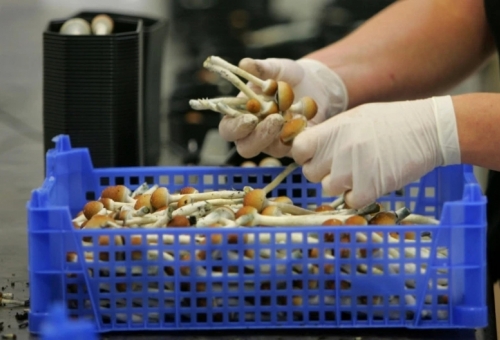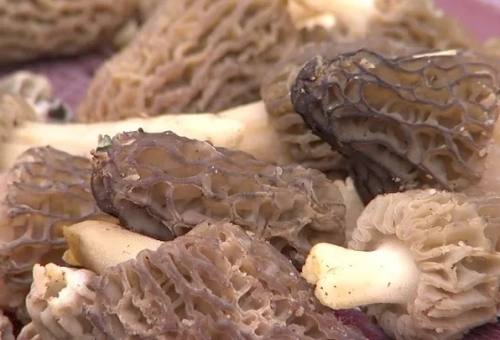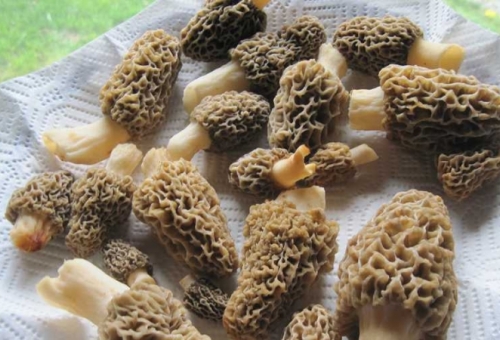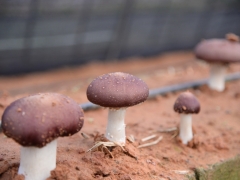Organic mushrooms are a fairly common item.
“There’s not really much difference between an organic mushroom and a regular mushroom,” said Fred Recchiuti, general manager at Basciani Mushroom Farms, Avondale, Pa.
The company does not grow its own organic mushrooms, but partners with growers who do.
“Most mushrooms are inherently organic,” said Joe Salvo, president of Ponderosa Mushrooms & Specialty Foods, Port Coquitlam, British Columbia.
Specialty mushrooms in particular are grown under organic conditions without pesticides and fertilizers and use sawdust as the predominant growing medium, he said.
Sometimes, it’s just a question of whether a grower wants to go spend the time and incur the expense of becoming certified, he said.The company has offered an organic program in response to customer requests practically since when it was founded in 1994.
Ponderosa offers 10 kinds of organic specialty mushrooms, including shitake, oyster, maitake, king oyster, brown beach and white beach.
The company also provides certified organic white and brown mushrooms, including portabellas.
Everything that Sebastopol, Calif.-based Gourmet Mushrooms Inc. grows is organic, said Bob Engel, chef liaison.
The company switched to organic in 2003.
“My sense was that this was very important to our establishing ourselves in the retail marketplace,” he said.
If a company offers a high-end, specialty variety to retailers, “being organic really gives you a leg up,” Engel said.
Dole Mushrooms in Kennett Square, Pa., is starting its 11th year in the organic mushroom deal, said Gary Schroeder, director.
The company got involved with the organic category in response to requests from consumers and retailers, he said.
Organic sales have been “very stable,” he said. “It’s been a nice business.”
Organic mushrooms are popular in part because of their nutritional attributes, just as conventional mushrooms are, he said.White button mushrooms and various kinds of portabellas are the company’s mainstays.
Portabellas and baby portabellas are Dole Mushrooms’ biggest organic movers because they hold up well and have the best flavor, Schroeder said.
Organic mushrooms seem to have weathered the recession well.
“The recession was hard on us,” Engel said. “But we bounced back.”
It was difficult to determine whether the dropoff during the recession was the result of the effect on the organic category or on the mushrooms category as whole, he said.
“My thinking is that the recession was a situation of all boats sinking at the same time — yachts and rowboats together,” he said.
At Dole, organic sales “stayed surprisingly stable” during the recession, Schroeder said. “We thought that was a very good sign.”
Schroeder said the situation was the same for conventional varieties, as well.
Because of the similarities in the growing methods between organic and nonorganic specialty mushrooms, the prices are becoming more and more comparable, Salvo said.
But that’s not necessarily the case for basic organic white and brown mushrooms.
“The yield on organic is considerably lower than nonorganic, and that, for the foreseeable future, will keep it at a much higher price plateau,” Schroeder said. “If you pay the same for the inputs, but you can’t get as much out in terms of yield, you’re going to have a higher unit cost.”
























